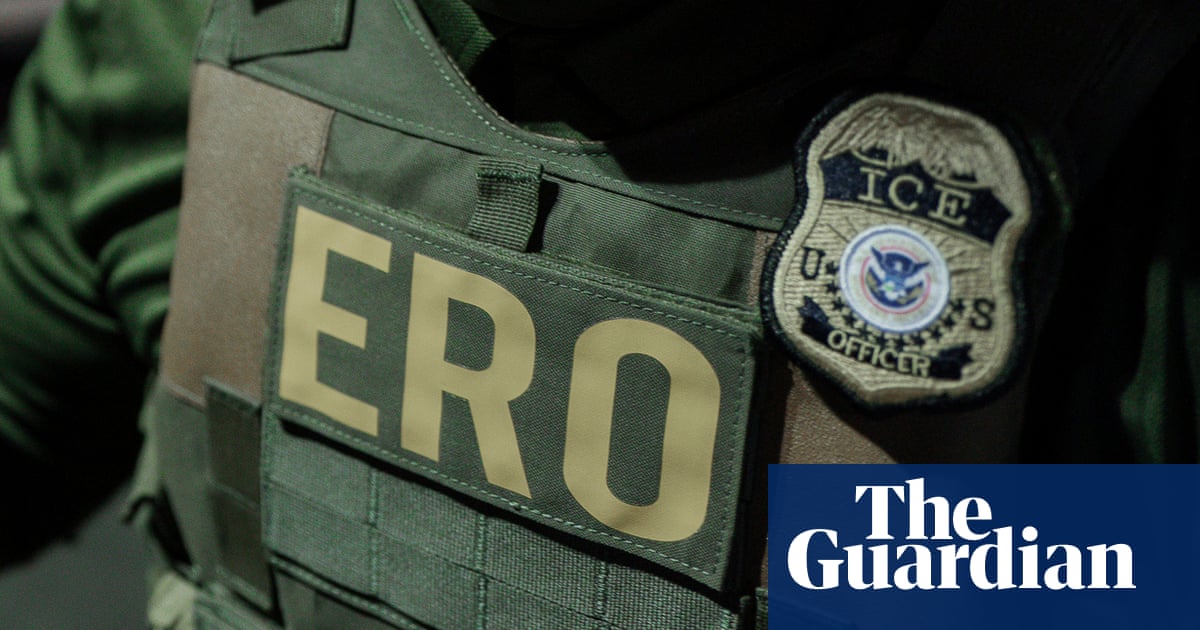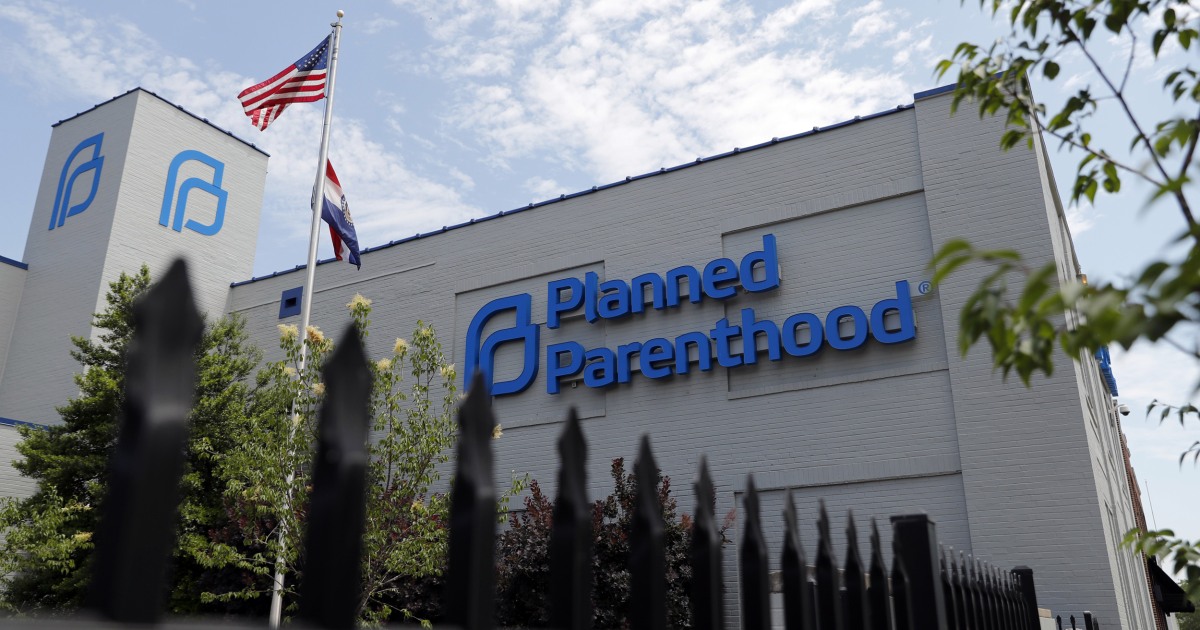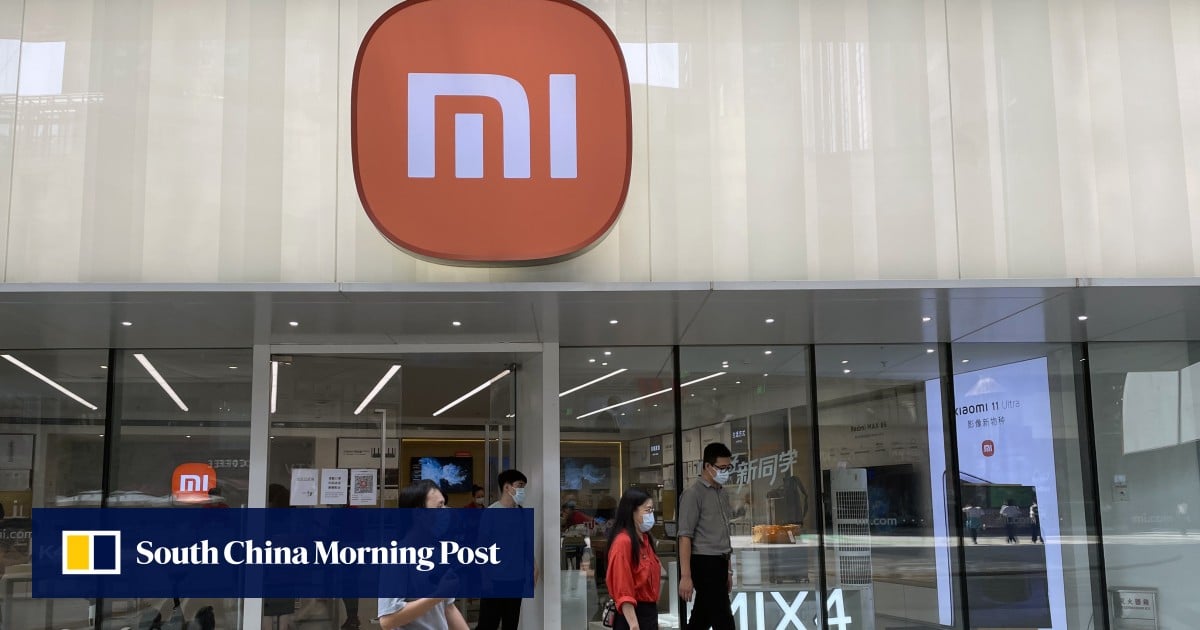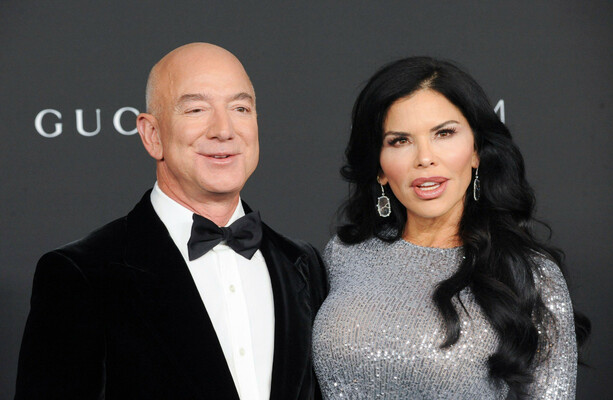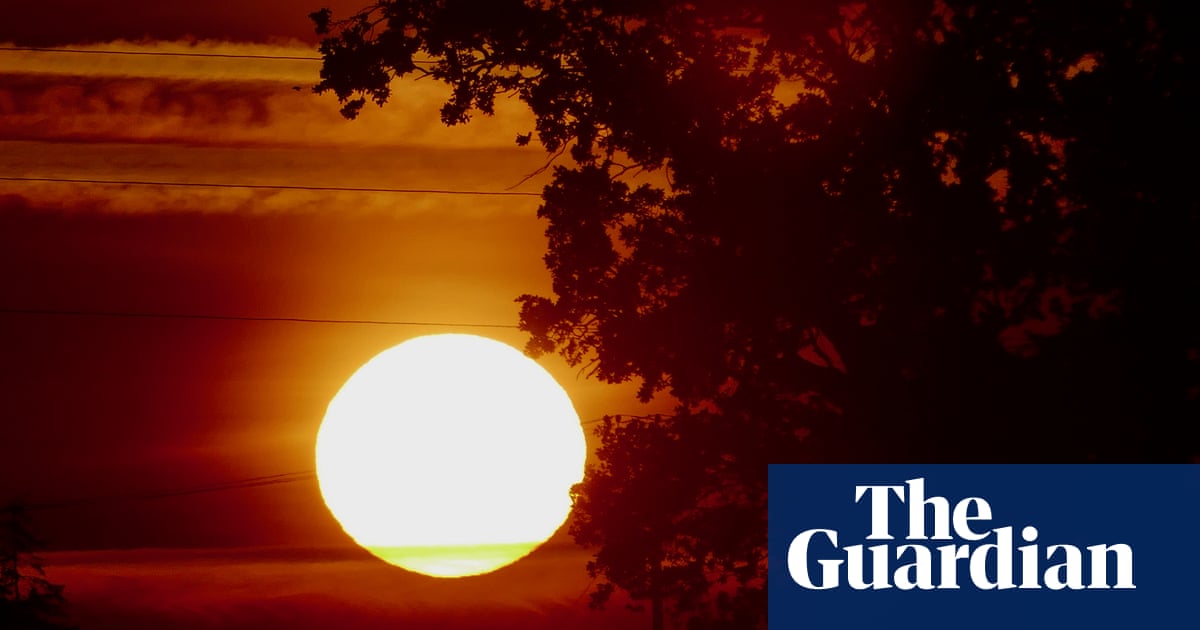Tensions Escalate in the Middle East Amid Ongoing Israeli-Iranian Conflict

In the heart of Istanbul, a significant gathering of the Organization of Islamic Cooperation (OIC) has spotlighted the escalating conflict between Israel and Iran. The Iranian Deputy Foreign Minister, Abbas Araghchi, addressed the assembly, stating, “The U.S. has been involved in the aggression since day one.” His remarks reflect the growing discontent within Iran regarding foreign intervention in the ongoing hostilities.
This notable conference was convened in response to a surge in Israeli airstrikes targeting Iranian military facilities. These airstrikes, aimed at dismantling Iran’s nuclear capabilities, have evolved into an intense ballistic exchange that has persisted for nine consecutive days. While former U.S. President Donald Trump has voiced support for Israel during this tumultuous period, he has yet to make a definitive decision regarding military intervention to aid the American ally in this escalating crisis.
Araghchi emphasized Iran's position, asserting that Tehran is “absolutely ready for a negotiated solution for our nuclear program.” This statement indicates Iran's willingness to engage in dialogue amidst the ongoing tensions, suggesting a potential avenue for de-escalation if diplomatic efforts are pursued.
Turkey’s President, Recep Tayyip Erdoğan, also weighed in on the conflict during the conference. He labeled Israeli Prime Minister Benjamin Netanyahu as “the biggest obstacle to regional peace,” highlighting the detrimental impact of Netanyahu's actions on Middle Eastern stability. Erdoğan warned that Netanyahu’s “Zionist ambitions” threaten to plunge not only the region but the entire world into chaos.
Recent reports from the Associated Press indicate that Israel's overnight military operations specifically targeted two centrifuge production sites in a continued effort to undermine Iran’s nuclear ambitions. This marked the second significant attack on Isfahan within the initial 24 hours of the conflict, underscoring Israel's commitment to dismantling Iranian nuclear infrastructure. The Israeli Defense Force (IDF) has been active in this campaign, claiming responsibility for the elimination of Saeed Izadi, a commander in Iran's Revolutionary Guards Corps who was reportedly responsible for coordinating with Palestinian militant groups. The IDF stated that Izadi was killed in Qom following a “prolonged intelligence-gathering effort,” indicating a strategic approach to their military objectives.











